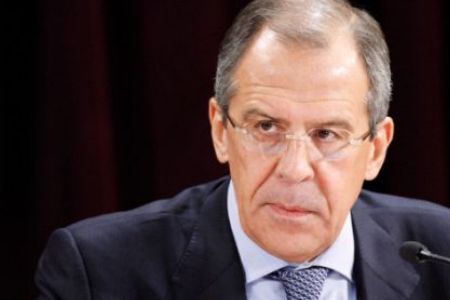Russia: S-300 falls under sanctions

After Iran said it might sue Moscow over the S-300 systems, Russian foreign minister says the defense systems are subject to recent anti-Iran UN sanctions.
After continuous delays and mixed signals regarding the delivery of the missile defense system, last week Russian President Dmitry Medvedev issued a decree prohibiting the delivery of the S-300 to Iran.
“If Russia refuses to deliver S-300 missile systems to Iran, the issue can be pursued legally,” Head of the Majlis National Security and Foreign Policy Committee Alaeddin Boroujerdi told Fars News Agency on Sunday.
Referring to Boroujerdi’s statement, Sergei Lavrov said on Monday that “I’ve heard nothing about it. I only know that the supplies fall under the ban introduced by the UN Security Council, and in this event force majeure comes into effect.”
Under an 800-million-dollar contract signed in 2005, Russia was required to provide Iran with at least five S-300 systems. However, the contract’s implementation was delayed until Resolution 1929 was adopted by the UN Security Council (UNSC) against Iran.
Following the issuance of resolution, Russian authorities began making conflicting statements about how the new sanctions would affect the contract.
Russian Prime Minister Vladimir Putin said in June that Moscow would “freeze the delivery of the S-300 missiles” to Iran as it runs counter to the new round of UN Security Council sanctions on the country.
Putin’s remarks came as Lavrov had earlier said UN sanctions would not affect the S-300 contract with Iran, as these missiles are “defensive weapons” and do not fall under the terms of the sanctions.
Iran criticized Russia, saying that since Resolution 1929 does not specifically ban the delivery of defensive missiles, Moscow has no excuse for refusing to commit to the deal.
The S-300 missile defense system is capable of shielding Iranian nuclear sites against a potential Israeli air strike.
Israel and its Western allies accuse Iran of following a military nuclear program and Tel Aviv has repeatedly threatened Tehran with an attack on its nuclear facilities.
Tehran rejects the charges, arguing that as a signatory to the Nuclear Non-Proliferation Treaty (NPT) Iran has a right to the peaceful applications of nuclear technology.







